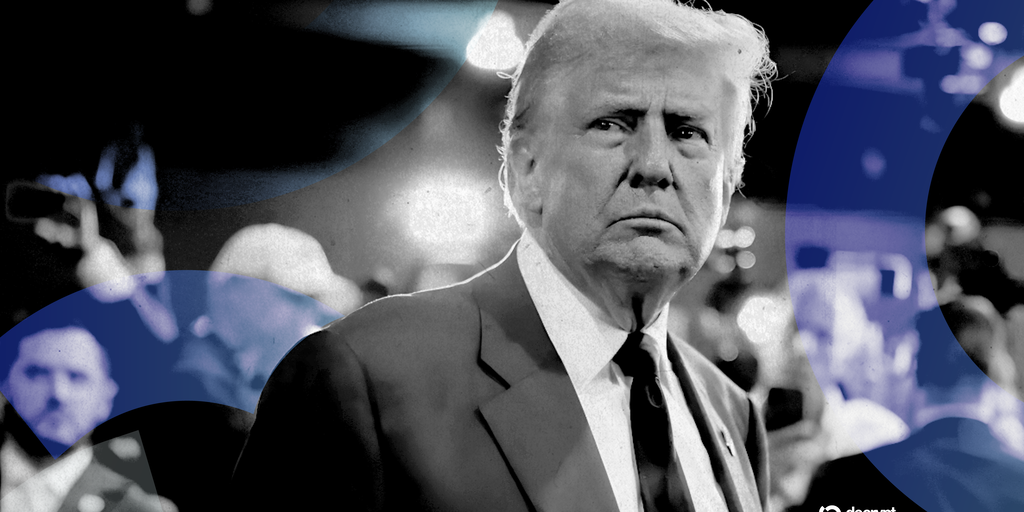Copyright Inc. Magazine

Shark Tank investor Daymond John recently shared that the top reason new businesses fail is that entrepreneurs aren’t honest with themselves about why they’re starting a business. John has seen it all when it comes to building a business. In 1992 he started his clothing company, FUBU, from his mother’s house in Queens. Since then, it has generated over $6 billion in global sales. In a recent GOBankingRates interview for the Top 100 Money Experts, John offered insight into the leading reasons businesses fail and how to avoid them. A founder’s intention behind their startup is crucial, he says. Founding a business just to flaunt the CEO title or because of pressures to carry a family business can backfire. Without a real desire to build the company, the essential, less glamorous tasks like marketing and inventory management will pile up, and the shame of failing will hit hard. Featured Video An Inc.com Featured Presentation Solely wanting to make money isn’t the answer, either. John says your ‘why’ should be more specific. “Set your goals, then research or do homework on how to accomplish those goals,” he says. “But if your why is wrong—if you’re doing it because that’s what your parents did, or because you’re afraid of what people will think—then you’re going to set the wrong goals. You’ll do the wrong homework for the wrong reasons.” An often overlooked determinator of a strong business is its relationship with customers. John says paying attention to customer needs builds loyalty and mutual respect, but viewing them as transactions can be detrimental. Those businesses won’t hold up when faced with obstacles, because they won’t have an audience to help them rebound. “The best investment you can make is answering a customer complaint,” John says. He knows firsthand. John started FUBU after observing that a specific style of wool hat was gaining popularity, but at too high a cost. So he and his neighbor made them and sold them for half the price. John paid critical attention to what customers wanted, and it led to a billion-dollar business. Not too quickly, though. When a business first takes off, celebrating early can be a slippery slope, John says. Instant growth is exciting, but it’s not emblematic of sustainable success. Instead, he recommends prioritizing steady progress and building a network that invests in that growth. One tip to maintaining control of the progress along the way is by tracking all finances. This includes phantom costs like equipment maintenance or subscriptions fees. Even these stack up, and ignoring them doesn’t set you up to make informed decisions. “If you really go by the numbers, you can make conscious decisions on the things you want to do,” John says, adding that you can even consult AI about the profit you should be making.



